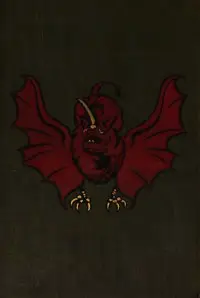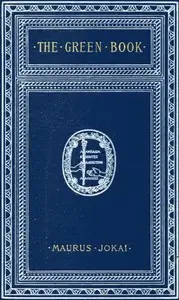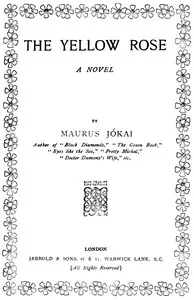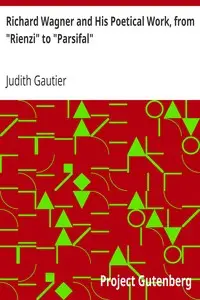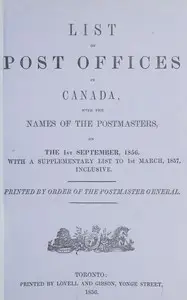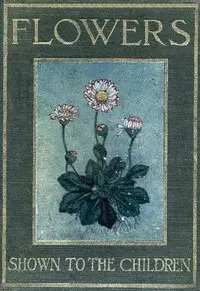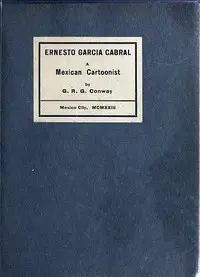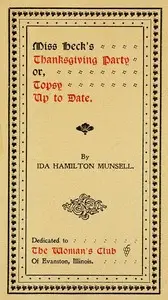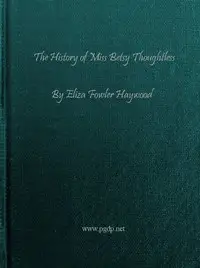"Hungarian Sketches in Peace and War" by Mór Jókai is a collection of literary sketches written in the mid-19th century. The work reflects on various facets of Hungarian life and society, particularly during the tumultuous period of the Hungarian Revolution of 1848. The sketches offer a vivid portrayal of the nation’s political and social dynamics, encapsulating experiences from both ordinary citizens and the aristocracy, making it a rich exploration of Hungarian culture and history. The opening portion of this work introduces readers to Uncle Lorincz Kassay, a sub-sheriff, and his family as they prepare to host unexpected guests traveling in a rather dilapidated carriage. The scene is set with vivid descriptions of their arrival, revealing the quaint and charming characteristics of the Kassay household and their sociable interactions. The narrative dives into the warmth of Hungarian hospitality, showcasing both humorous and touching moments as they welcome Aunt Zsuzsi and Uncle Menyhert Gulyas. Through these character interactions, we are invited into a slice of rural Hungarian life, imbued with traditional customs and family dynamics that hint at deeper societal themes awaiting exploration in later sketches. (This is an automatically generated summary.)

Hungarian Sketches in Peace and War Constable's Miscellany of Foreign Literature, vol. 1
By Mór Jókai
"Hungarian Sketches in Peace and War" by Mór Jókai is a collection of literary sketches written in the mid-19th century. The work reflects on various ...
Genres
Released
2010-05-02
Formats
epub3 (images)
epub
mobi (images)
epub (images)
mobi
Free Download
Overview
About the Author
Móricz Jókay of Ásva, known as Mór Jókai, was a Hungarian novelist, dramatist and revolutionary. Outside of Hungary, he was also known as Maurice Jókai or Maurus Jokai or Mauritius Jókai. He was a leader of the outbreak of the Hungarian Revolution of 1848 in Pest. His romantic novels became widely popular among the elite of Victorian England, where he was often compared to Charles Dickens by the press. One of his most famous admirers was Queen Victoria herself.
Total Reviews
10.0k
Total reviews from Goodreads may change

